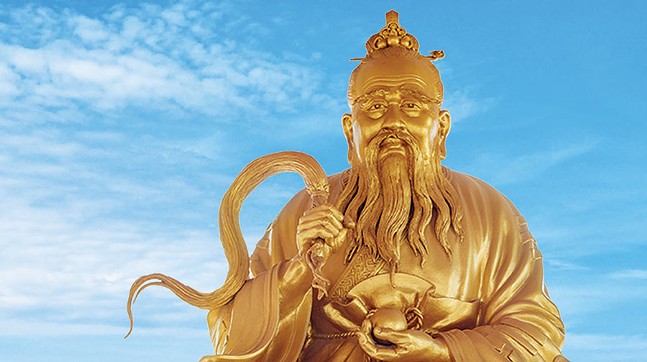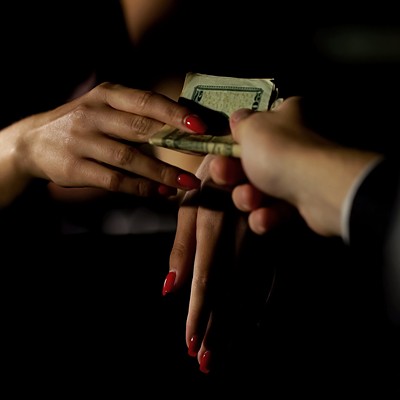“... A good lock uses no bolts yet cannot be opened,
A good knot uses no rope yet cannot be untied.
Hence the sage is always good at saving people,
Therefore no one is rejected.
S/He/They are always good at saving things,
Therefore nothing is rejected ...”
From chapter 22 of the Tao Te Ching by Lao Tzu translated by Ellen Marie Chen in 1989.
How does a column entitled “Cancel Culture” have the audacity to invoke the benevolent words of Lao Tzu? I love the idea of knotless rope or an unbolted lock — that openness — the lack of need to bind anything to secure it, to trust. How trust invokes the best in others. Part of me still hopes this is true; I have actually seen it to be true, often. But not often enough.
Over and over again I have had to move along, break up with friends, break up with boyfriends, reframe relationships and lower expectations — these are all forms of canceling. This is not to say that I don’t care about them or wish the best for them, it is just to say, “Goodbye and good luck.”
Cancel Culture has gotten a bad rap as of late, and I understand why. For many, a single tweet, song lyric, an album, movie, or ill-conceived outfit can get you canceled. That seems a bit much, right?
As much as I am an aspiring Taoist, I am also about self-sustaining, protecting, and celebrating self-love. I take Cancel Culture from a different vantage point. In a society that teaches me that my well-being is not valued, that promotes policies, entertainment, media, beauty, culture that is harmful to me, I must cancel to protect myself.
For example, I have “canceled”:
• Elected officials who perform progressive politics instead of instituting just and equitable policy.
• Popular “White feminists” who I am told represent “all women” when they consistently ignore the needs of women of the global majority.
• Black male celebrities who have a history of disrespecting Black women.
• Black celebrities who have a history of disrespecting Black people. I do not care what your new kicks or tracks look or sound like.
• Favorite creatives, athletes, artists, and others accused and/or found guilty of sexual harassment, assault or abuse.
• White pop singers who continually “copy and paste” the work of Beyoncé.
• Celebrities, fashion, and beauty brands who consistently appropriate Black women’s culture references without giving creative credit or economic benefit to the innovators of that heritage.
My canceling is not a loud, large event. It is a choice I have made. I won’t stand in front of a movie theater holding a sign saying, “Do not attend this movie. Do not buy this hoodie.” I will just vote with my feet by not participating.
I do this to preserve my own spirit and sense of self. All too often, especially as a Black woman, I am told to go to the back of the “women” line and to the back of the “Black” line — if I am even in the room when things like women and Black are being discussed.
I have too much reverence for my self-worth as a human being to be diminished by those who care nothing for me. Why would I continue to consume art, politics, policy, or the very air of people or communities who care nothing for my existence?
I do not. They have already canceled me by not acknowledging my value. I am just paying them back in kind.















